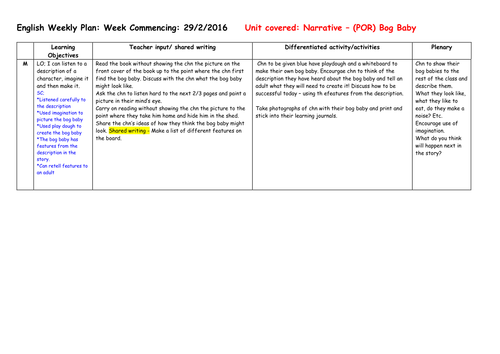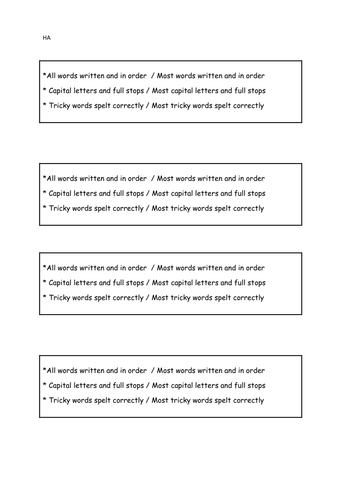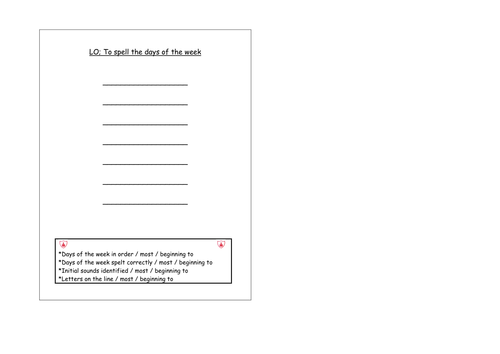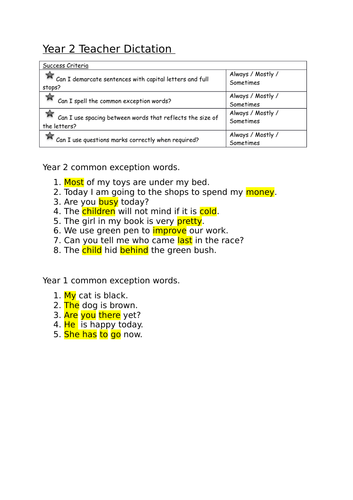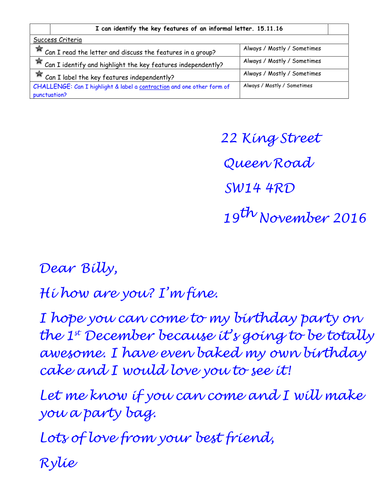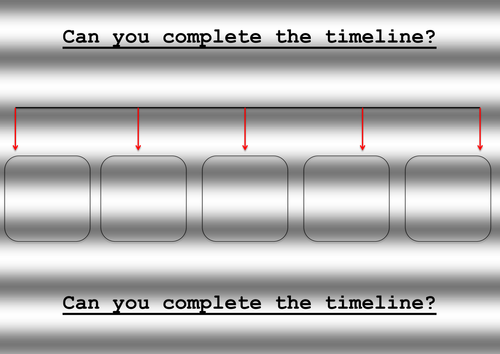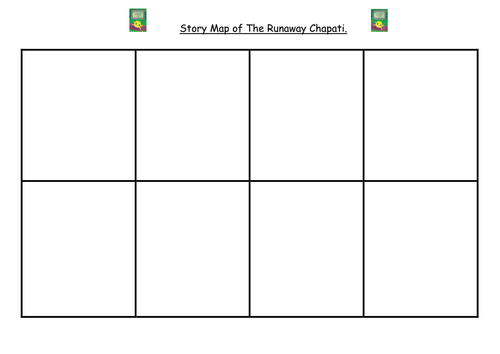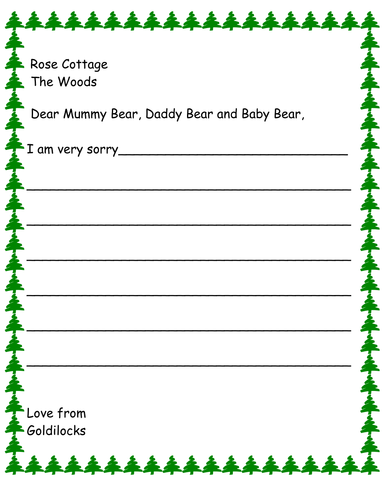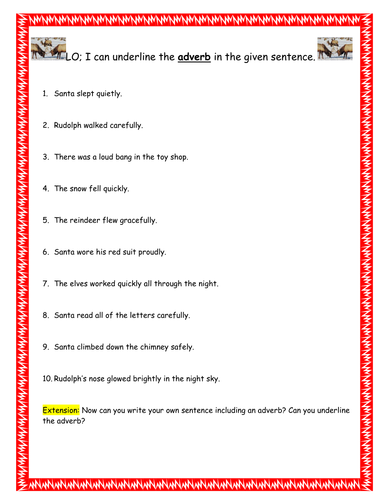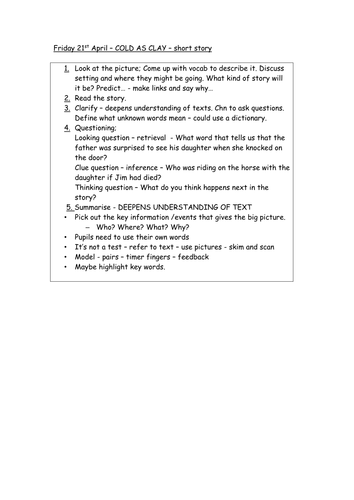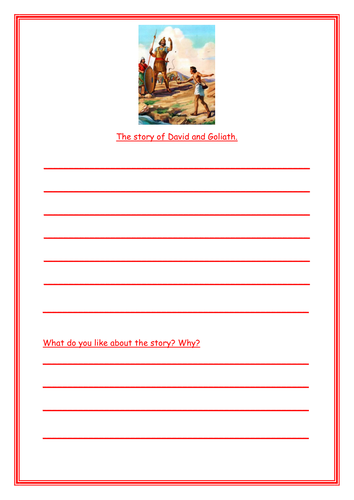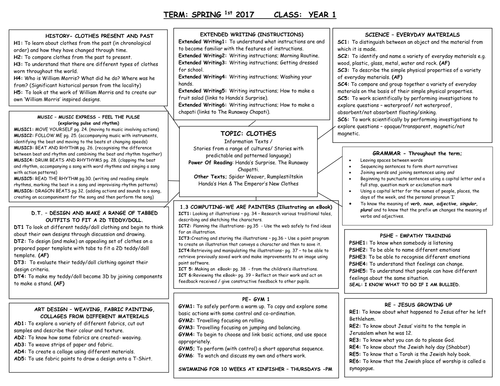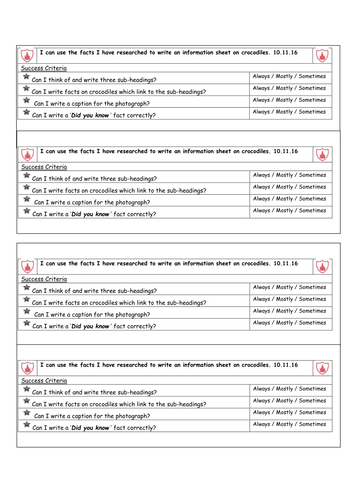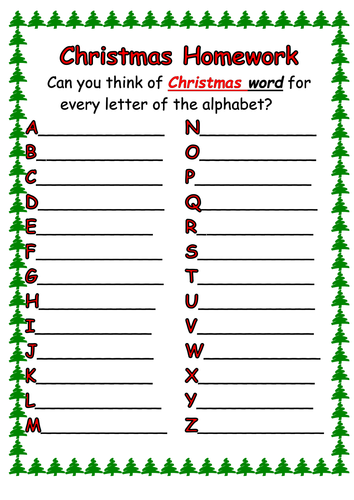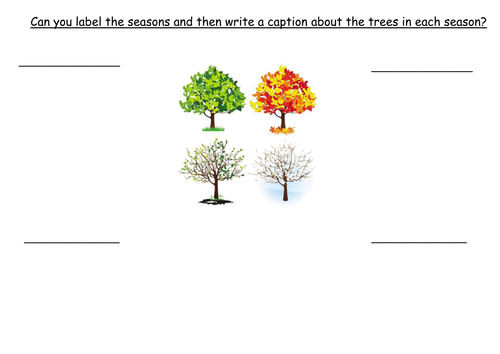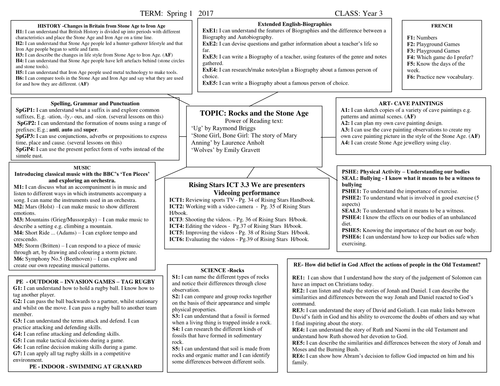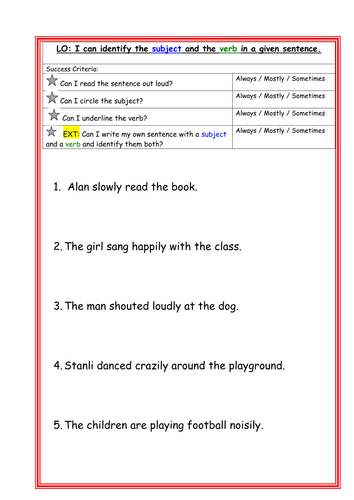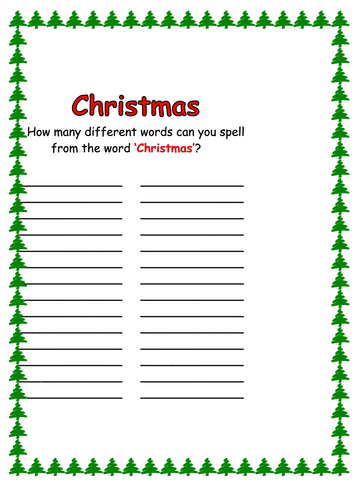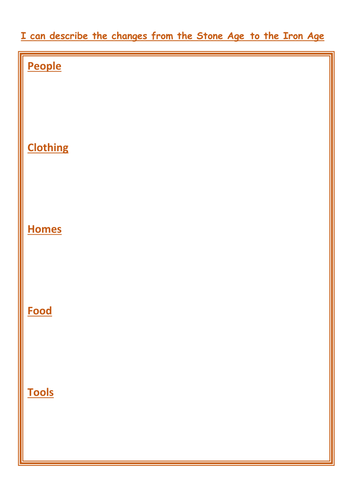
90Uploads
91k+Views
3k+Downloads
English

Bog Baby planning Year One Monday to Wednesday
Planning for Year One Monday to Wednesday - Bog Baby. The planning is for the very start of the book. Monday they listen to a description of the Bog Baby from the book and then make it using play dough. Then they write a description and then by Wednesday they predict what happens next in the story. LO and SC included on the plan.
Easy to edit and saves loads of time!

Dictation Success criteria that is differentiated
This is the success criteria for dictation. The success criteria is differentiated for HA, MA and LA. Simple print out and cut around the boxes and then stick into books. Use a highlighter to identify which of the success criteria they have achieved. This saves loads and loads of marking time!

To spell the days of the week - success criteria included on worksheet ready to highlight
This is a mini assessment worksheet which asks the children to spell the days of the week independently.
The success criteria is already written at the bottom, all the teacher needs to do is highlight the success criteria achieved. Saves loads of time and helps with end of term assessment.

Year 2 Dictation sentences and some Year 1 dictation sentences. Success criteria.
This includes the success criteria for the lesson.
There are 8 simple sentences for the Year two children, common exception words are highlighted in yellow. There are 5 simple sentences for the children working at year 1 level - again year 1 common exception words are highlighted in yellow.
You could even copy the Success Criteria table onto another sheet and cut out and stick into their books which will make it easier to mark!

Identify the key features of an informal letter - Year 3
This is a short informal letter for you to get the chn to either independently or in groups (blown up to A3) to highlight and annotate the key features.
Can easily be edited :)
LO & Success Criteria included at top of worksheet for chn to read and refer to.

To write a powerful description - Forest description KS2
This is a slide which introduces the LO; To write a powerful description. It is all based on writing a powerful description on the topic of a forest. There are various photographs of forests that the chn can 'think, pair and share' on what they see, hear, feel etc. The photographs can then be annotated.
There is a forest description already written that can be read and discussed with the class, and then finally the Success criteria is shown to discuss with the chn how they will be successful.
Will save time I'm sure!

Differentiated Timeline Template (blank)
This is a simple timeline for children to complete. The first timeline has 5 boxes to complete and the second has six boes to complete. It can be sued for history, maths, ordering routines, stories etc! I have used it for PSHE to order the changes of the children (photos) over the last 5 years! Looks great in their books.
This can be easily edited and will save time!

The Runaway Chapati Story Template
This is a simple story template for The Runaway Chapati. Six boxes that can be edited to differentiate!

Goldilocks sorry letter template - differentiated Reception / Year 1 / Lower Year2
This is a letter template to the three bears from Goldilocks. It is differentiated three times (HA/MA/LA) and includes a key vocabulary list for the chn to use when writing.
Will save time and easy to edit!

Identifying the Adverb in a simple Christmas Sentence. Year 3
This is a simple worksheet which asks the children to identify and underline the adverb in a given sentence. The sentences are christmas themed. There is an extension question at the end for the children to think of their own sentence and underline the adverb they wrote in it!
Will save time!

Reciprocal Reading Planning Example - Y3
This week we have begun to introduce Reciprocal Reading to Y3. For the first session we did it as a whole class. First I handed out the picture that went with the story. We discussed it and came up with words which described the pictures and then predicted what the story was about.
Next we clarified any unknown words / phrases, encouraging the chn to ask questions to each other and then I gave them three question, a looking one (retrieval) and clue (inference) and then a thinking question - their opinion. Finally we summarised the passage using the key points.
The children loved this passage - it can be found online - COLD AS CLAY (from a book full of short scary stories) and the photo was of two people on a horse.

Writing the story of David and Goliath Worksheet MA / LA and a short version of story to edit
This is a worksheet where the children have to rewrite the story of David and Goliath (short, picking out the main details of the story). The worksheets are differentiated for LA and MA. I gave the HA the MA worksheet and extended them by asking them deeper thinking questions in their learning journals. At the end of the worksheet there is a question for LA - asking them what they liked about the story and why. The question at the end for the MA was asking them what they found inspiring about the story and why.
As a whole class we practiced writing a summary of the story together, but you can use this to edit and make even better with your children!
Will save time!

Medium Term Planning Topic Web Year 1 - Clothes
The topic web includes Learning objectives on;
Extended writing - Writing instructions
Grammar
PSHE - Empathy training
RE - Jesus growing up
PE - Gym
ICT
DT - making tabbed outfits or a teddy
Art and Design - weaving
History - clothes present and past
Music
Science - everyday materials

Learning Objective and Success Criteria for the Information sheet on crocodiles Year 3
These are the LO & SC for the information sheets. All differentiated and ready to edit and cut and stick into your books!

Christmas Homework - writing Christmas words for each letter of the alphabet
Hopefully this homework / activity sheet will save you time!

Labelling the Seasons and writing a caption. Filling in the missing blanks.
These are differentiated worksheets for children to complete regarding the four Seasons.
HA - to label the four seasons and to write a caption for each Season
MA - are given the names of the four Seasons to fill in and are then to write a caption for each
LA - are to use the words bank to complete the sentence about each of the four seasons

Topic Web for Rocks and the Stone Age Year 3
Although some of the subjects I teach may follow different schemes of work, this may help you to find some learning objectives for Year three particularly in History and Art.
The these are;
Music - classical music
Re - How did belief in God affect the actions of people in the Old Testament
Art - Cave paintings
Extended Writing - biographies
French - numbers, games, days of week
Science - rocks
PE - Games - tag rugby
P - Physical Activity - PSHE - Understanding our bodies
ICT - Rising Stars

Identifying the subject and the verb in a given sentence KS1 / LKS2
This worksheet will support a lesson on identifying the subject and the verb in a given sentence. The children have to circle the subject and underline the verb in each sentence. There is then an extension question where the children have to think of their own sentence and highlight the subject and the verb.
There is also the LO & Success Criteria at the top for the adult to highlight as appropriate.
Can be edited and will save time!

Christmas Homework - How many words can you spell from the word 'Christmas'
This is a Christmas Homework sheet where the children have to spell as many words as they can think of from the word 'Christmas'.
The worksheet can easily be edited too!

Describing changes from Stone Age to Iron Age Worksheet - differentiated twice - KS2
This is a worksheet where the children have to describe the changes from the Stone Age to the Iron Age. There are two worksheets with given subheadings.
The first worksheet has the following subheadings for the children to write about; 'People', 'Homes', 'Tools', 'Clothes' and 'Food'.
The second worksheet is has three main subheadings - 'People', 'Homes' and 'Tools'. There are lines on this worksheet to help support and structure the lower group.
The children in my class watched videos and we read information texts and they took notes in their jotters first, then we summarised the changes together verbally.

